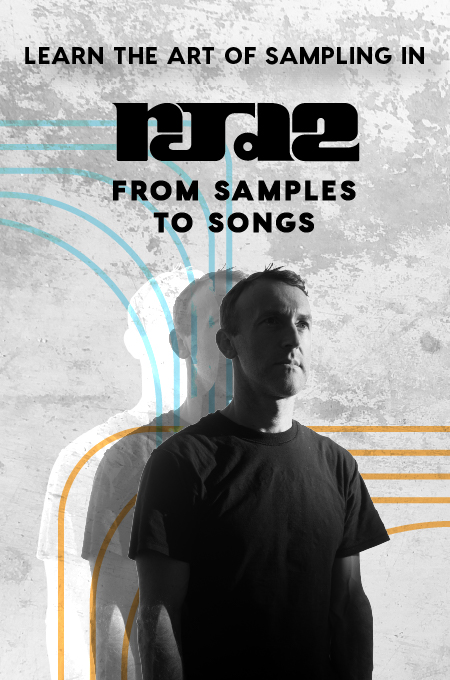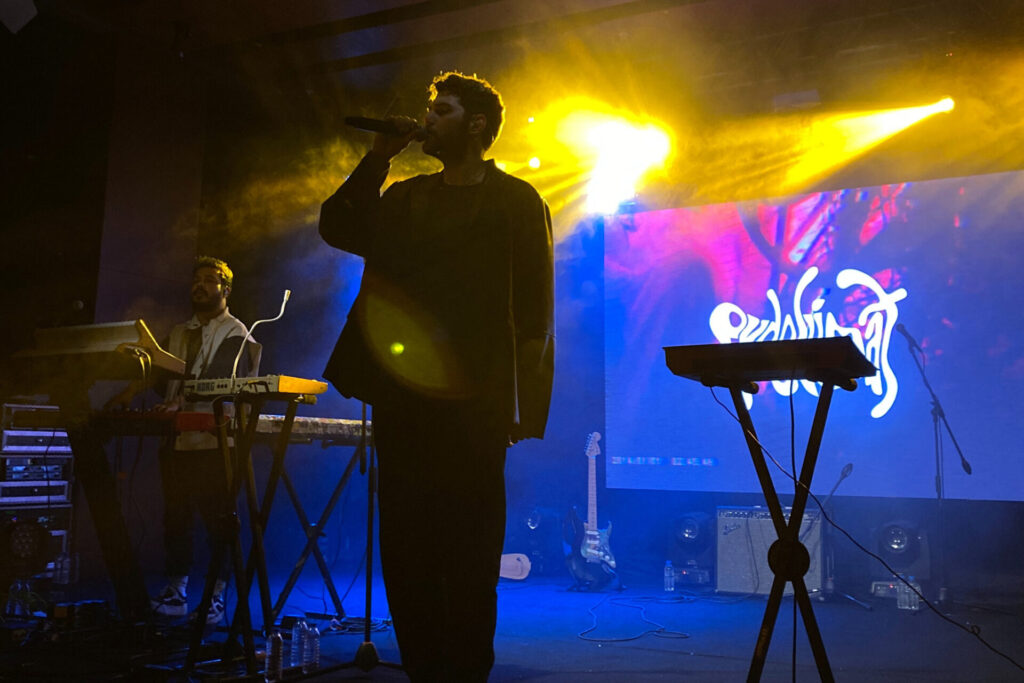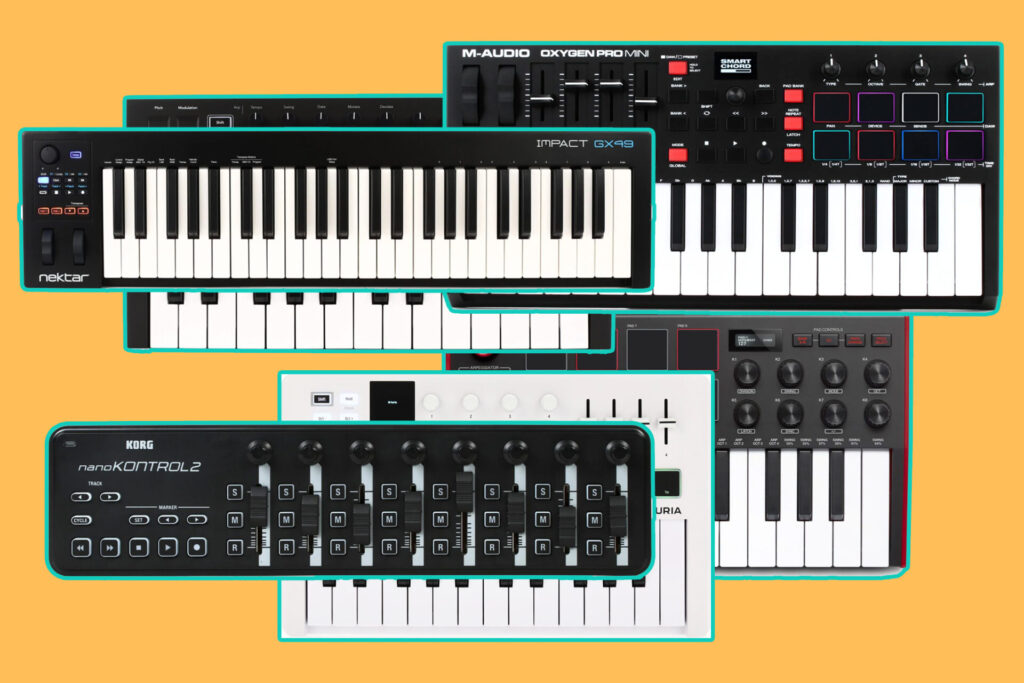I should preface this by admitting that I started piano lessons while in preschool, so learning to read phrases on a staff and learning to read phrases in a picture book were parallel processes. Now, while that may sound like a rather nerdy humblebrag, it isn’t meant to be. The fact is that notes were actually WAY easier to grasp than letters. If you can read this, you can learn to read music notation…
The video above is the introduction to our free course on how to read music, and if you haven’t hit play yet, allow me to further convince you.
1. Music notation is (pretty much) universal.
Sure, there are slight differences in naming conventions and terminology, but once you learn to read music, you’ll be able to communicate comfortably with all sorts of other musicians. Even if they call it a “semibreve” and you call it a “whole note,” you’ll both hold it four times as long as you would a “crotchet” or a “quarter note,” and that is a beautiful truth that you should experience firsthand.
2. Thoroughly understanding music notation leads to limitless self-teaching.
If you develop your reading, ear training skills, and playing technique, given enough time, you could theoretically teach yourself to play anything. Most of us start out with pitch and rhythm, and over time, we begin to develop our understanding of tempo, dynamics, and phrasing. A well-written score or part is like a road map: If you know how to read it, it’s going to take you exactly where you need to be.
3. Don’t you want to say you were tutored by Beethoven?
Because that’s sort of what it’s like. Having a teacher or mentor in-person is great, but there’s something about learning alone at the piano with nothing but the ink on the page to guide me that I just adore. Every crescendo and every slur is being communicated directly to me — almost like a secret is being shared, sometimes over hundreds of years. Sorry to break it to the Whovians out there, but reading is the closest most of us will ever come to time travel.
4. Reading music makes you a more hirable musician.
Yes, there are those who shred so hard, they’re in demand without being able to read a note. And there are savants and there are lottery winners. But if you really want to make a career out of music, don’t leave things up to luck. Being a solid reader will open up a wealth of playing and employment possibilities — like accompaniment, pit work, chamber groups, commercial playing, and on and on.
At the professional level, getting a single rehearsal is not uncommon, but you’ll likely be expected to learn your part on your own ahead of time or be able to read it down. Either way, it’s going to be easier if those dots on the page mean something to you.
5. If you can read, you can write.
Writing music is fun. If you haven’t tried it, you should. It’s liberating and expressive and powerful, but if you come up with something you love and can’t write it down, it becomes a fleeting memory. Personally, I’d rather have a finished song than a fish story about the amazing piece I made up and then forgot.
So many people use the excuse that reading music is “too hard” so they never bother to learn. If that’s, you, stop telling yourself that immediately. Four-year-old me couldn’t ride a bike, do basic addition, or pronounce the letter “R.” If she could do it, so could you, and here’s a good place to start.



